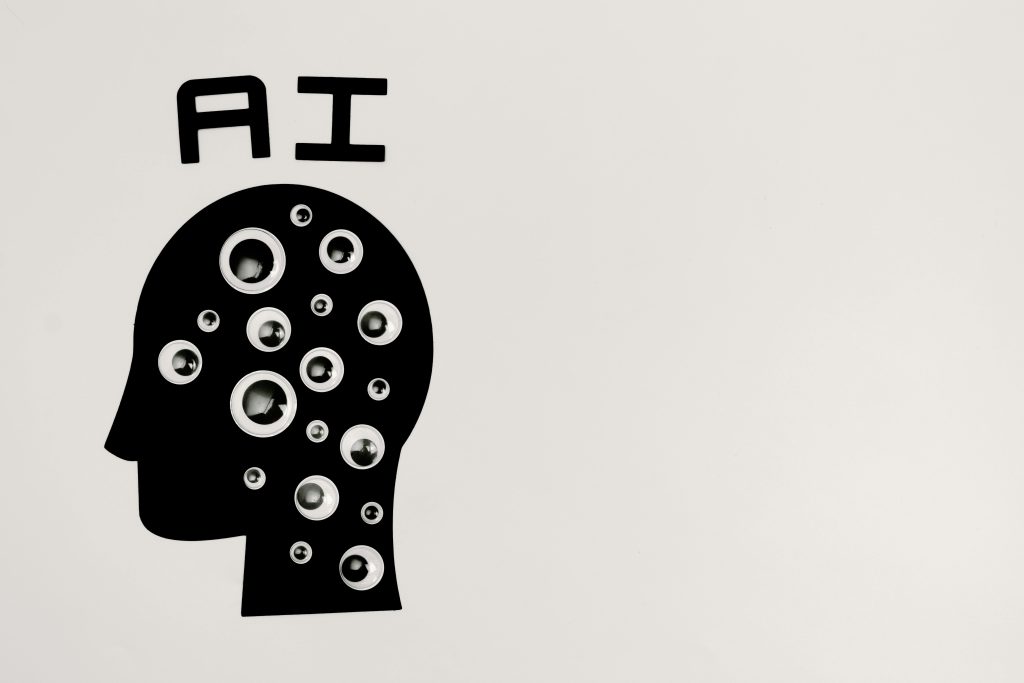Artificial Intelligence is advancing rapidly—but can it understand how we feel? Emotional Intelligence (EQ) is the ability to recognize, interpret, and respond to human emotions. Now, AI is being trained to do the same through a field called Affective Computing.
AI systems can already detect emotions using facial recognition, speech tone analysis, and even biometric data like heart rate. Call centers use AI to analyze customer sentiment during support calls. Marketing tools track user reactions on websites. Mental health apps use conversational AI to provide emotional support.
But there’s a debate: Can machines truly understand emotions or are they just mimicking patterns? While AI can detect a frown or a raised voice, it doesn’t “feel” anything. Its understanding is based on data, not empathy.
Still, the practical applications are growing. In education, emotionally aware AI tutors can adjust learning pace based on student frustration or engagement. In healthcare, robots with emotional sensitivity can comfort elderly patients or support mental health.
However, risks exist—such as bias, misinterpretation, or emotional manipulation. As we embed AI into daily life, ensuring ethical development is critical. Emotional AI must be used to enhance human connection, not replace it.
The future may not be about AI feeling emotions—but understanding them well enough to support more human-centered experiences.



